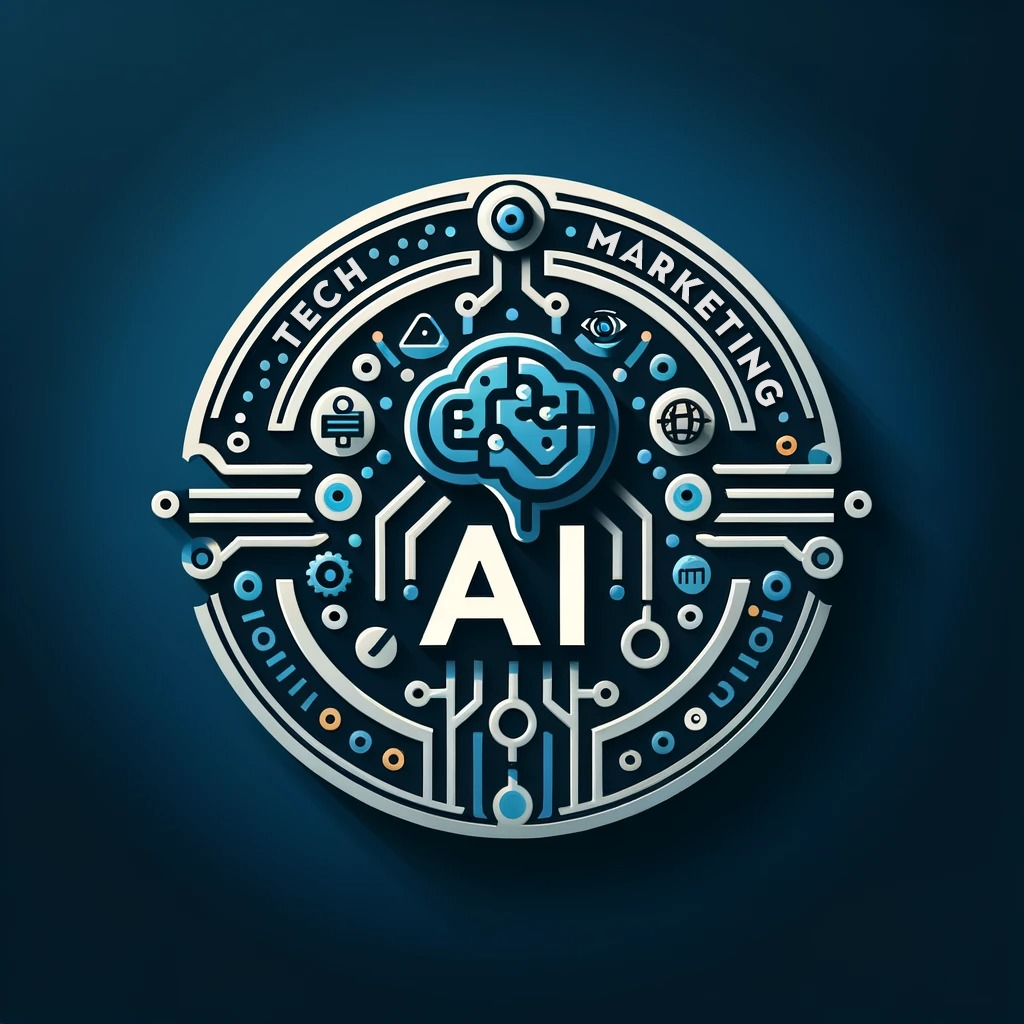Is AI Watching You? The Hidden Costs of Innovation
Imagine waking up to a world where AI knows what you need before you do. Your phone suggests the perfect morning playlist, your smart home adjusts the temperature just right, and your virtual assistant schedules your day flawlessly. Sounds like a dream? Now, consider this: what if this AI also knows your private conversations, your medical history, and even your political views—all without your explicit consent?
Artificial Intelligence is revolutionizing the world, but at what cost? The battle between innovation and data privacy is intensifying, and it’s time we talk about it.
The Growth of AI and Its Data Appetite
The AI industry is expanding at an unprecedented rate. According to a 2024 McKinsey report, 65% of businesses now use AI-powered tools, almost double from the previous year. AI’s ability to process vast amounts of data fuels automation, enhances productivity, and improves user experience. But this reliance on data comes with a price: privacy risks.
A 2024 survey by AIPRM found that 35.9% of respondents identified data security and privacy concerns as major drawbacks of AI adoption. This raises a critical question: how do we balance AI-driven innovation with the need for personal security?
AI and Data Privacy Concerns
The AI revolution is dependent on one crucial element—data. However, without stringent regulations, AI systems can misuse this data, leading to:
1. Unauthorized Data Collection
Many AI systems collect data without clear user consent. For instance, Meta recently faced backlash after users discovered their Facebook and Instagram posts were being used to train AI models without direct approval.
2. Data Breaches and Cybersecurity Threats
AI systems store vast amounts of personal data, making them prime targets for cybercriminals. In 2024, data breaches increased by 22%, exposing millions of users’ sensitive information. AI-driven platforms must implement stronger security measures to prevent such incidents.
3. Lack of Transparency in AI Operations
A Pew Research study in 2024 revealed that 59% of Americans have little understanding of how companies use their personal data. If AI continues to operate in a ‘black box’ manner, trust in these technologies will erode.
4. AI Surveillance and Privacy Erosion
Governments and corporations are increasingly using AI for surveillance, often without public awareness. In 2023, over 75% of facial recognition systems worldwide operated without user consent, raising ethical concerns about mass surveillance and civil liberties.
How Different Regions Are Addressing AI Privacy Concerns
United States
A 2024 Pew Research report found that 71% of Americans worry about how the government handles their personal data. While AI adoption is growing, the U.S. still lacks a comprehensive federal data privacy law, leaving users vulnerable.
European Union
The EU has taken a proactive approach by introducing the AI Act, which regulates high-risk AI applications and enforces strict transparency obligations. Companies that fail to comply face significant fines.
India
India is rapidly digitizing but struggles with outdated data protection laws. While the Digital Personal Data Protection Act (DPDPA) of 2023 has set new guidelines, enforcement remains a challenge.
United Kingdom
The UK government is working on AI governance frameworks that balance innovation and consumer rights, aiming to maintain the country’s position as a global AI leader while ensuring ethical AI use.
How to Balance AI Innovation and Data Privacy
Finding a balance between AI advancements and data security requires global cooperation, ethical considerations, and technological safeguards. Here’s how:
1. Stronger Data Protection Laws
Governments must introduce comprehensive privacy laws to regulate AI. The EU AI Act serves as a strong example, ensuring companies follow transparent AI practices.
2. Privacy-First AI Development
Companies must adopt privacy-by-design principles, integrating robust security features from the start. This includes encryption, anonymization, and secure data storage.
3. AI Transparency and Accountability
Users should have access to clear information on how AI systems process their data. Companies should disclose AI training methods, data usage policies, and opt-out options.
4. Empowering Users with Data Control
Consumers need better tools to manage their personal information. AI-driven platforms should offer easy-to-use privacy settings and clear consent options.
5. Ethical AI and Global Collaboration
AI governance requires international cooperation. Countries must work together to create unified ethical guidelines that prioritize human rights while fostering technological progress.
What’s Next for AI and Data Privacy?
AI is here to stay, and its influence will only grow. However, as data privacy concerns rise, companies that prioritize ethical AI development and transparent data policies will gain public trust.
Ultimately, the challenge is clear: how do we build AI that enhances lives without compromising personal security? The answer lies in responsible innovation, regulatory oversight, and user empowerment.
The future of AI isn’t just about what machines can do—it’s about ensuring they work for us, not against us.




